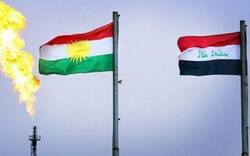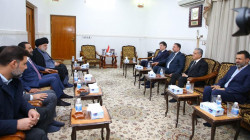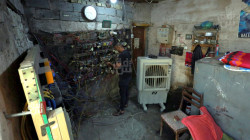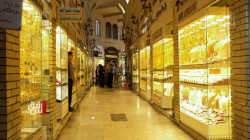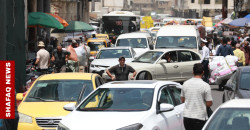Iraq’s stalled projects: Chronic bottlenecks and new revival efforts
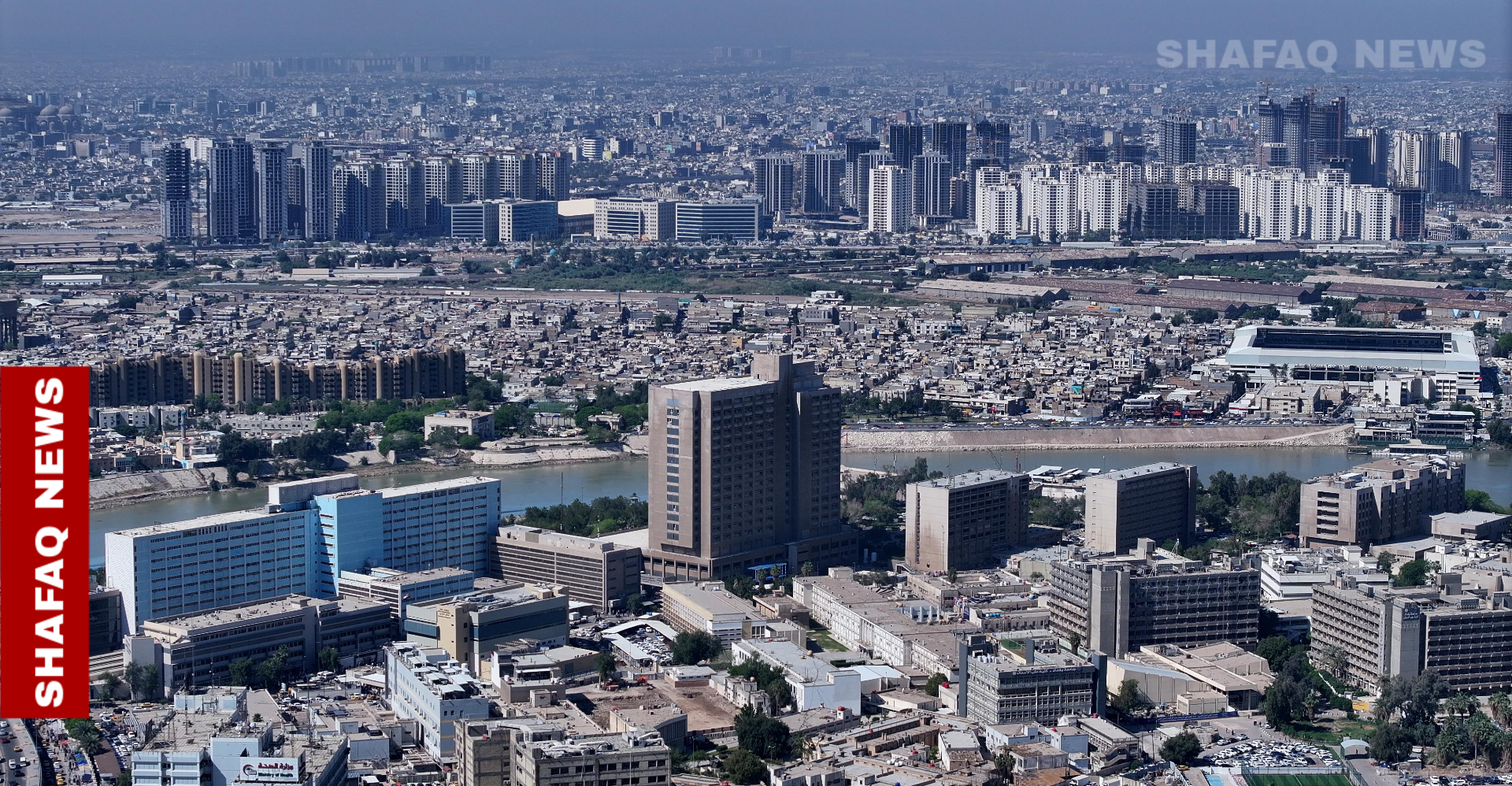
Shafaq News/ Iraq’s development landscape remains burdened by more than 1,600 stalled projects, a symbol of long-standing dysfunction that has undermined progress and weakened investor confidence. From abandoned housing complexes to unfinished bridges, these incomplete ventures reveal a consistent pattern of mismanagement, corruption, and oversight failure that has held back Iraq’s recovery for decades.
In an effort to reverse this trend, Prime Minister Mohammed Shia al-Sudani has launched an ambitious initiative to revive 555 projects, aiming to reduce the backlog by nearly half—potentially marking a pivotal moment in Iraq’s slow-moving development agenda.
Underlying Causes of Paralysis
Economic researcher Ahmed Eid attributes the stagnation to multiple interlinked factors—chief among them poor planning and a lack of strategic vision. He told Shafaq News that many projects were initiated without feasibility studies and were often awarded to companies selected for political reasons rather than technical expertise.
He explained that inflated contracts have long drained public funds, with commissions and kickbacks eating into budgets. A weak regulatory system, he said, has allowed these practices to persist. “Bureaucracy, overlapping authorities, and security risks in several regions have also made it difficult for companies to proceed with work,” Eid noted.
He further emphasized that financial constraints remain a major obstacle. Frequent delays or mid-project freezing of funding have disrupted progress. “These funding inconsistencies have derailed many projects that could have transformed Iraq’s infrastructure,” he added.
Investor Confidence Erosion
Eid warned that the ongoing delays have left a deep mark on Iraq’s investment environment, pointing out that constant setbacks in infrastructure and service projects have eroded faith in the state’s ability to deliver.
As a result, sectors like energy, tourism, and industry are struggling to attract foreign capital. Eid noted that the rising number of unfinished projects reinforces negative perceptions—about corruption, inefficiency, and legislative uncertainty—pushing investors to consider more predictable markets instead.
Broader Agenda for Reform
To turn the tide, Eid stressed the importance of a national development strategy—one that balances economic, social, and environmental needs. He said Iraq must urgently rebuild core infrastructure such as roads, electricity, sanitation, and housing, while integrating long-term urban planning.
He also pointed to the need for agricultural reform and food security, along with modernizing healthcare and education systems.
On the energy front, he urged investment in renewables like solar and wind to diversify away from oil dependency.
Moreover, Eid called on policymakers to tap into Iraq’s large youth population by establishing industrial zones, expanding vocational training, and pursuing digital transformation, stresseing that digitizing public services could improve transparency and efficiency across government.
Oversight Challenges
Dhiaa Al-Hindi, a member of Parliament’s Investment Committee, also weighed in. He told Shafaq News that past crises—including falling oil prices and the COVID-19 pandemic—created severe budget shortfalls, forcing many projects to halt.
Al-Hindi noted that decisions such as Order 347 of 2015, issued during a financial crisis, had a particularly damaging effect by stopping dozens of initiatives. Combined with corruption in public institutions and weak oversight, he said these delays spiraled into what is now a full-blown crisis of execution.
Despite this legacy, Al-Hindi explained that coordination between the Ministry of Planning and the Prime Minister’s Office is helping identify critical priorities, such as easing Baghdad’s traffic congestion, upgrading sanitation, and expanding hospital capacity. Meanwhile, less essential projects are being phased out to free up resources.
A Year of Achievements?
This revival push aligns with the government’s branding of 2024 as the “Year of Achievements,” a term coined by Prime Minister al-Sudani to reflect a more result-driven approach.
Nabil Al-Saffar, spokesperson for the Ministry of Housing and Construction, described the ministry as central to this effort. “We are responsible for over 22% of all government projects,” he told Shafaq News, adding that efforts are underway to address Baghdad’s notorious traffic issues—including new overpasses, tunnels, and the fourth ring road.
On the housing front, Al-Saffar said the ministry is moving forward with plans for smart and sustainable urban developments to help close the national housing gap and enhance quality of life. These projects, he explained, will include integrated commercial, health, educational, and green spaces.
He also mentioned that previously stalled housing complexes are being reactivated, with support from the Housing Fund, which is working to streamline loan procedures. The goal, he said, is to help more Iraqis access affordable housing while easing the broader crisis.
Despite the renewed momentum, experts warn that without genuine reform in oversight, transparency, and implementation, today’s progress risks becoming tomorrow’s unfinished business.
Written and edited by Shafaq News staff.
